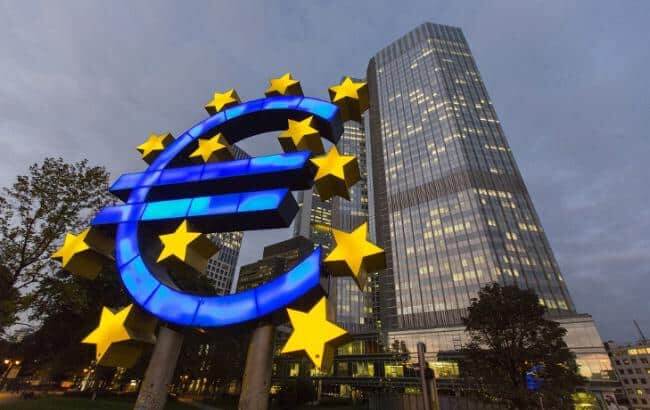
Euro Zone’s Economic Slowdown Sparks Recession Fears
The Eurozone, already grappling with economic challenges, is now teetering on the brink of recession as private-sector activity continues to slow. The latest data from S&P Global’s Purchasing Managers’ Index (PMI) for October revealed a three-year low of 46.5, well below the critical 50-point mark that distinguishes economic expansion from contraction. Economists had hoped for a slight improvement, with expectations set at 47.4. EU economy news tells a story of concern as the Eurozone faces growing economic uncertainty.
The Growing Concern of EU Leaders
Cyrus de la Rubia, chief economist at Hamburg Commercial Bank, sums up the situation succinctly: “In the euro zone, things are moving from bad to worse.” De la Rubia doesn’t mince words, expressing a very real concern that the Eurozone might slide into a mild recession in the second half of this year, marked by two consecutive quarters of negative growth. The repercussions of such a scenario would be felt far beyond the region’s borders, drawing the attention of EU leaders who are closely monitoring these developments.
Euro’s Reaction and Bond Markets
The Euro’s response to this troubling data was immediate, swinging to a loss against the dollar and falling by as much as 0.1% to $1.0655. This decline ended a three-day rising streak, highlighting the jittery nature of currency markets in the face of economic uncertainty. Simultaneously, bond markets maintained their upward trajectory, driving the 10-year German yield down by as much as 8 basis points to 2.79%. Despite this drop, bund yields remained approximately 20 basis points off their recent peak.
Multiple Headwinds Impacting the Currency Bloc
The EU single market is currently contending with numerous economic headwinds that are exacerbating its economic difficulties. These include a rate-hiking campaign by the European Central Bank (ECB) and a global economic slowdown. Rising energy prices stemming from the Middle East conflict are only adding to the region’s woes. Furthermore, banks in the Eurozone are further tightening their credit standards due to higher borrowing costs and the deteriorating economic backdrop, as reported by the ECB in its quarterly Bank Lending Survey.

EU Directives and ECB’s Next Steps
The forthcoming data for the third quarter will likely show that the Eurozone’s output contracted by 0.1% during this period. If this prediction materialises, it would mark the first quarterly contraction since the pandemic’s outbreak, underscoring the persistent challenges facing the Eurozone’s economy. These concerning figures may be the focus of ECB officials convening this week in Athens. After a record 10 consecutive interest-rate hikes, policymakers have hinted at keeping borrowing costs stable for the foreseeable future.
French Economic Woes and Inflation Concerns
In France, the economic landscape is equally bleak, with manufacturing activity shrinking at an accelerated pace due to weak demand. An index of expectations in this sector plummeted to its lowest point in three-and-a-half years, offering little hope for improvement in the near term. In the services sector, new orders fell, suggesting that roadblocks are hampering growth in this vital segment.
Despite the economic challenges, ECB officials are far from declaring victory over inflation. As Norman Liebke, an economist at Hamburg Commercial Bank, emphasises, “Price indexes are in perilous territory.” The pace of increase in input prices has risen for the second consecutive month, driven by surging fuel prices and ongoing reports of sustained wage pressures.
As the Eurozone grapples with slowing business activity and the looming possibility of a recession, EU economy news remains a subject of deep concern. The combination of factors, including a restrictive ECB monetary policy, a global economic slowdown, and rising energy prices, makes the path to recovery uncertain.




